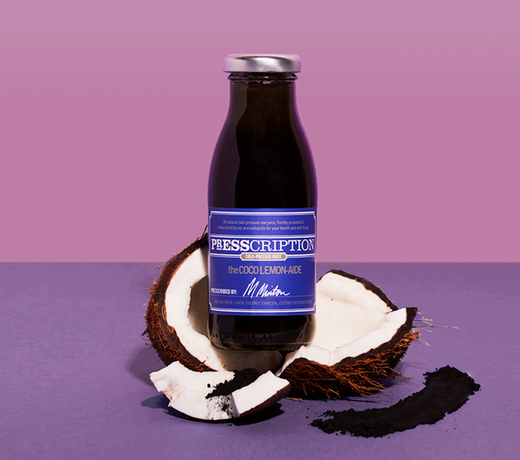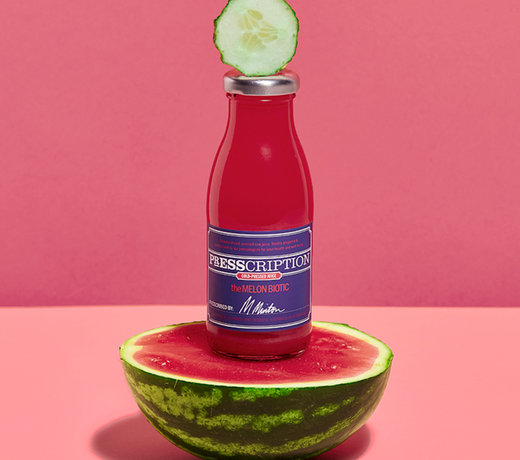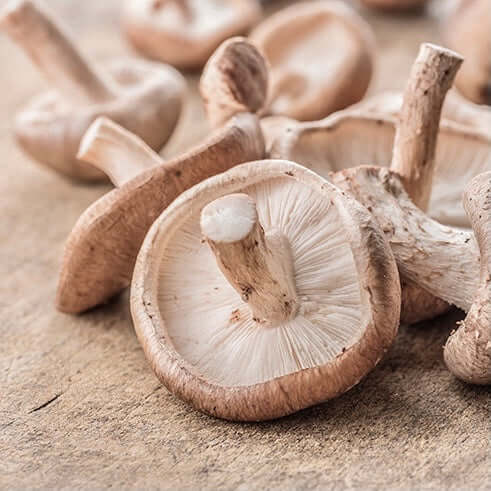Let's Talk Vitamin D
Vitamin D is required for the proper functioning of many body systems, particularly our immune & digestive systems.
Vitamin D helps regulate our cells sensitivity to insulin (i.e. helps us release only the right amount when we ingest sugar), so if you are sugar sensitive it might be worth looking at your Vitamin D levels. This is particularly relevant in conditions like PCOS (Polycystic Ovarian Syndrome) and Diabetes Mellitus.
Vitamin D also helps support our immune function (think viral/bacterial infections, allergies) and supports gut health (reducing inflammation and ‘leaky gut’). If you have Inflammatory Bowel Disease (Ulcerative Colitis / Crohn’s Disease), Vitamin D has been linked to far less severe flare ups. Because of Vitamin D’s immune modulating properties it is said to be ‘anti cancer’ (studies have found people severely Vitamin D deficient are more likely to get stage 3 cancer).
Lastly, you need Vitamin D to regulate Calcium, Phosphorus and vitamin K2 levels in the blood/bones which is why you should take supplements that combine vitamin D3 and K2.
So where can we get Vitamin D?
Most of us in the UK are deficient in Vitamin D and supplementation is a good idea. In the UK its actually recommended by the NHS that we take vitamin D supplements between October to March. Why in the winter months only? This is because we get vitamin D primarily from the sun: ideally you want to be getting around 20 minutes sun exposure a day, on as much of your skin as possible (when the sun is at its highest point). Don’t forget if you have darker skin you might need 3-6 x more sun exposure than 20 minutes to be getting enough Vitamin D.
You can get vitamin D from food too, for example from oily fish (salmon, mackerel, herring, sardines, anchovies), organic egg yolks or sun soaked shiitake mushrooms (their levels depend on how much sun exposure they themselves have had!). Note, try to source wild salmon as contains far higher levels of Vitamin D and omega-3 than farmed fish.
Vitamin D is a fat soluble vitamin meaning you need some good fats in the diet (examples include avocado and organic extra virgin olive oil). You also need to consume magnesium as it’s is a co-factor in the synthesis of Vitamin D (think green leafy veggies, almonds, dark chocolate). Lastly, dysbiosis (having an imbalance of good bacteria in the gut) affects absorption of Vitamin D from food - so, as always, think about consuming fibre (prebiotics) and eating the rainbow (probiotics).
Lots of love,
Cassie x
As always, for more information or to book a nutrition consultation you can find me at:
Instagram: @vale.of.health
Website: https://valehealth.co.uk/
Presscription products are explosions of nutrients that will help keep your body in fighting shape.
Here's some products that contain the nutrients that help you absorb Vitamin D! Check them out we can guarantee that you will feel as good as new.
 Why Presscription?
Why Presscription? Why Cleanse?
Why Cleanse? Cleansing Tips
Cleansing Tips What's Pressing?
What's Pressing?




